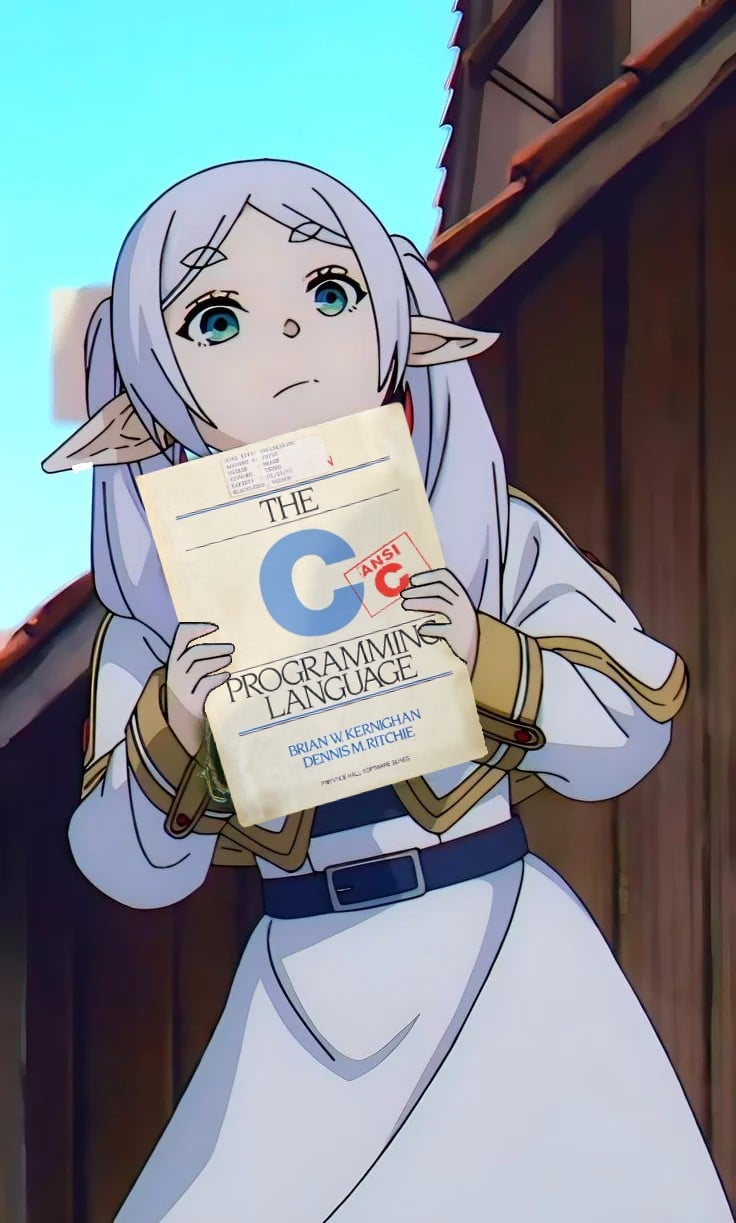this post was submitted on 09 Sep 2024
259 points (97.4% liked)
196
16824 readers
2033 users here now
Be sure to follow the rule before you head out.
Rule: You must post before you leave.
founded 2 years ago
MODERATORS
you are viewing a single comment's thread
view the rest of the comments
view the rest of the comments

Just started uni and theyre having us learn C
It's only been a couple weeks and it's not too bad, but every time I bring up to someone that I'm learning C they express sympathy, which makes me think I'm eventually gonna hit a brick wall of a learning curve.
It's mostly because C is notorious for not holding your hand and not telling you when you mess up. Write one past the array's length? Might do nothing, might crash, might mess up some other data, might crash later in somewhere completely different.
Or in some cases might crash 8.5 million computers worldwide.
Yes the Crowdstrike crash was caused by going 1 past an array length, caused by a magic number index and a regex mistake, and wasn't caught because the tests didn't work.
The whole thing was a compound series of amateur mistakes, but with kernel access at boot time.
I spent 30 minutes looking over my code because I forgot a semicolon after defining an integer :(
Oh yeah pointers to pointers to pointers to pointers to pointers to pointers to pointers to pointers to pointers to pointers to pointers to pointers to pointers to pointers to pointers to pointers to a null.
Fig. 1 - Meanwhile your C programming lecturer.
Literally lol.
It’s really not bad, you just have to rememb
Segmentation Fault - Core Dumped
C isn't all that bad once you understand the incredible power you can wield with it. It's more limited than C++ due to lack of proper OOP, but still very usable and nice to know as a foundation to C++ and other languages. I've been rocking both for the last 20 years and they're still my favorites to use.
Honestly C imo is not that bad. It's actually a very small specification. There's not much to it. The actual amount of code you'd need to create a working C compiler is relatively tiny.
It stuck around all this time because concepts like null-terminated strings, arrays decaying to pointers, etc. are all very intuitive if your working in a language that's built to be as minimalistic and simple as possible.
If you understand these things I'd say you're already past the learning curve. Now just make sure you remember exactly how type definitions are parsed so that contrived type declarations don't cause you to lose marks on an exam.
The difficulty with C imo comes with people needing programming concepts abstracted away from them because they never actually learned how their computer represents or processes data.